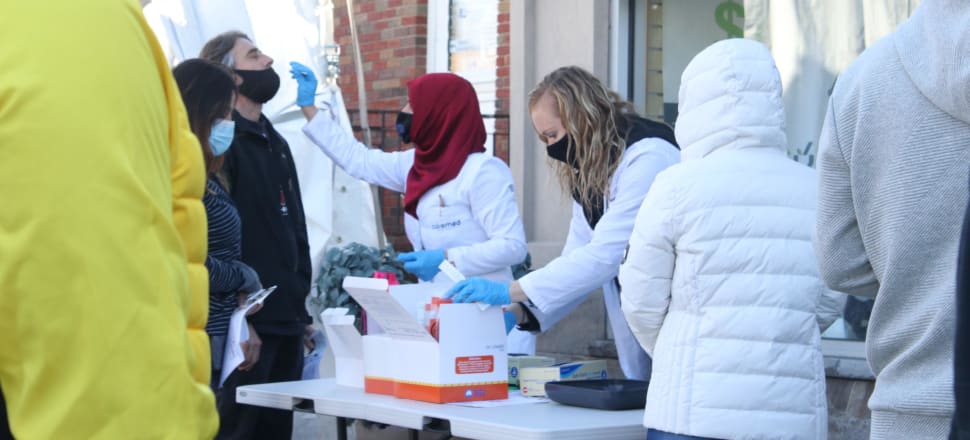
Two weeks into the hew health order, the new chair Rob Campbell reveals how Health NZ is concerned and working to address the shortage of doctors and nurses
Comment: When the first Fortnite online game was released it went quite well. But Save The World was nothing compared with its successor, Battle Royale, which went ballistic.
The first fortnight of the Pae Ora world, we set out to save the health system but quickly realised we too were in a Battle Royale with snipers, bomb throwers and booby traps in abundance.
It is all on.
Let’s step back a bit and consider where Pae Ora places Te Whatu Ora (Health NZ). How the 'game' works. I do this for comprehension and not for excuse or avoidance.
The structure of the new health system is set in the Pae Ora (Healthy Futures) Act and in a series of Cabinet decisions about how that structure should work including its priorities. These are detailed more in a Government Policy Statement to which we (and Māori health authority Te Aka Whai Ora and the Ministry of Health) are committed.
That in turn informs an interim Health Plan shortly to be issued by the minister which spells out a great deal of detail on what we must do and how we will be monitored.
We try to emulate our colleagues in an emergency department. Demands are incessant, usually competing and sometimes overwhelming. Resources are short. It can even look like chaos. The only way to cope is to maintain calm at the centre.
It’s not exactly a free-for-all, and all relationship to the free-for-all of a real Fortnite game is gone by the time you have read all that.
I have read it all, so have my board and (I hope) executive colleagues, and we are under no illusions.
Discretionary spend is limited
It gets tougher than that. Some big numbers are spent in the health system. But our “discretionary” spend is quite limited.
The huge, overwhelming majority is committed to staff, buildings, supplies and already contracted services for years ahead. That is as it should be – the elected Government sets the rules and dictates where the money goes.
But anyone who thinks Te Whatu Ora has freedom to quickly revolutionise the health system as we see fit is deluded.
We are not deluded.
Like an emergency department
The expectations are huge. It seems every part of the system has aims, claims and pains to satisfy. Many politicians and media commentators see opportunity or responsibility to have a view on every step of the way.
The noise is intense and we could so easily be distracted or retreat into defence. We opt to do neither.
We try to emulate our colleagues in an emergency department. Demands are incessant, usually competing and sometimes overwhelming. Resources are short. It can even look like chaos.
The other immediate priority is not to get in the way of the people doing vital work. (We haven’t.)
The only way to cope is to maintain calm at the centre, to make rational judgments and allocations of time and other resources, taking each priority as it comes and work your way through it.
For Te Whatu Ora, we focused first on making sure the immediate transition did not cause any system failures (it hasn’t). Along with that is to establish board and senior executive teams, procedures and decision systems that can cope with the immediate flow of decisions necessary (we have).
Some of our systems are a bit makeshift – we are working out of temporary premises – but we are going.
The other immediate priority is not to get in the way of the people doing vital work (we haven’t).
These might seem quite limited aims, but we are realistic. Not exciting but essential.
Staffing action, not headlines
This work alone is already delivering some minor efficiencies. Being free of the multiple district board structures has also released some action teams to implement some changes that can be done in weeks and are underway.
None may be worth a headline in itself and we will not seek that, but each does make a difference.
We do have to make some short-term, band-aid arrangements just to cope.
There is quite naturally a lot of concern about clinical staffing levels. We share that concern of course. Teams are actively working on recruitment, training, planned care and other aspects of these shortages. Not reports, actions.
We do have to make some short-term, band-aid arrangements just to cope – these were all necessary irrespective of the reform changes. All the problems had been years in the making and will be years in solution. There is no magic pill. We have to step above the past practice of short-term patches. That is why we are here.







